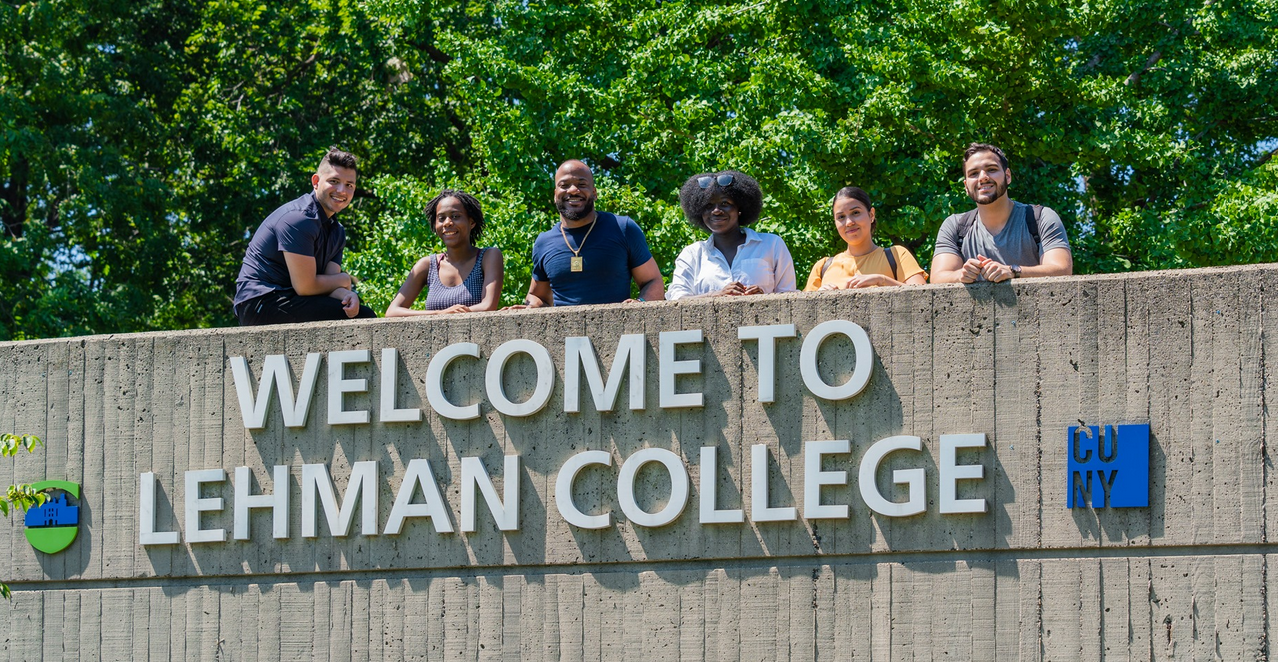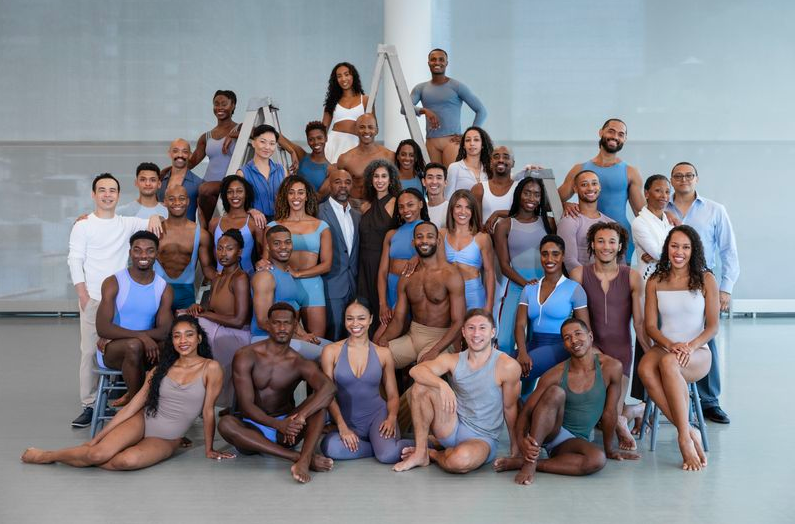August 28th marked 53 years since Dr. King’s historic “I Have a Dream” speech.
Dr. King’s words ring just as true today as they did nearly 60 years ago.
Across America, communities of diverse backgrounds are hurting and we are increasingly polarized as a nation. The social fabric of our country is fraying.
In America today I believe we face two bottlenecks preventing government from achieving its higher purpose: The weak ethical and the disconnected social contexts in which we are attempting to solve our greatest challenges.
Comprehensive ethics reform has stalled and real progress is not being made.
And the LLC loophole allows big money to disproportionately influence our politics, which is contributing to the staggering income inequality corroding our society.
I strongly support creating a system of matching funds and term limits similar to that of the NYC Council, consolidating primaries, closing the LLC loophole, reducing campaign contribution limits,
While I understand that reform takes time and
As an Assemblymember, I will not pursue outside income, I will work fulltime, and I will impose term limits on myself.
Politicians must cultivate the humility to say to the public: “I will undoubtedly be tempted. Hold me accountable!”
We need leaders who aren’t beholden to the old structures of power.
America wasn’t born equal, but the history of America is the story of the slow march to freedom for increasing numbers of people. America’s perennial greatness stems from the extraordinary potential of her diverse people. And there is no telling what a truly unified America might be capable of.
Working toward American unity is one of the great challenges—and hopes—of the 21st century.
The five years I spent at CERRU convinced me that the future of our nation lies in our ability to deeply connect diverse people to each other.
The more we understand and learn from each other, the greater our capacity will be to positively shape the world around us.
Too often when we do come together, it is to hear what authority figures at the front of the room have to say and not to listen to each other. Only through dialogue with each other will we explore our shared assumptions and enrich our understanding of our community.
We can launch a bi-annual Social Innovation Summit that organizes everyday members of our community from business, government, and civic society to creatively tackle challenges we face and share resources.
We can reimagine our school cafeterias and religious institutions as spaces where diverse people engage in the types of deep conversations that build intercultural relationships. And we can encourage dialogue within government to increase understanding between diverse legislators.
Without reshaping the ethical and social fabric through which we govern, it is more difficult to make progress on issues that matter to us like affordable housing, high quality public education, quality of life/environmental issues, and the fight for working families and seniors.
As we reflect on Dr. King’s stirring speech this week, let’s honor his legacy by together building a more ethical and connected community we can all be proud of.
Steven M. Appel is a Democrat running for NY State Assembly in the 69th District in the September 13, 2016 primary. In 2009, he co-founded the Center for Ethnic, Racial & Religious Understanding at Queens College where he served as assistant director for five years.






